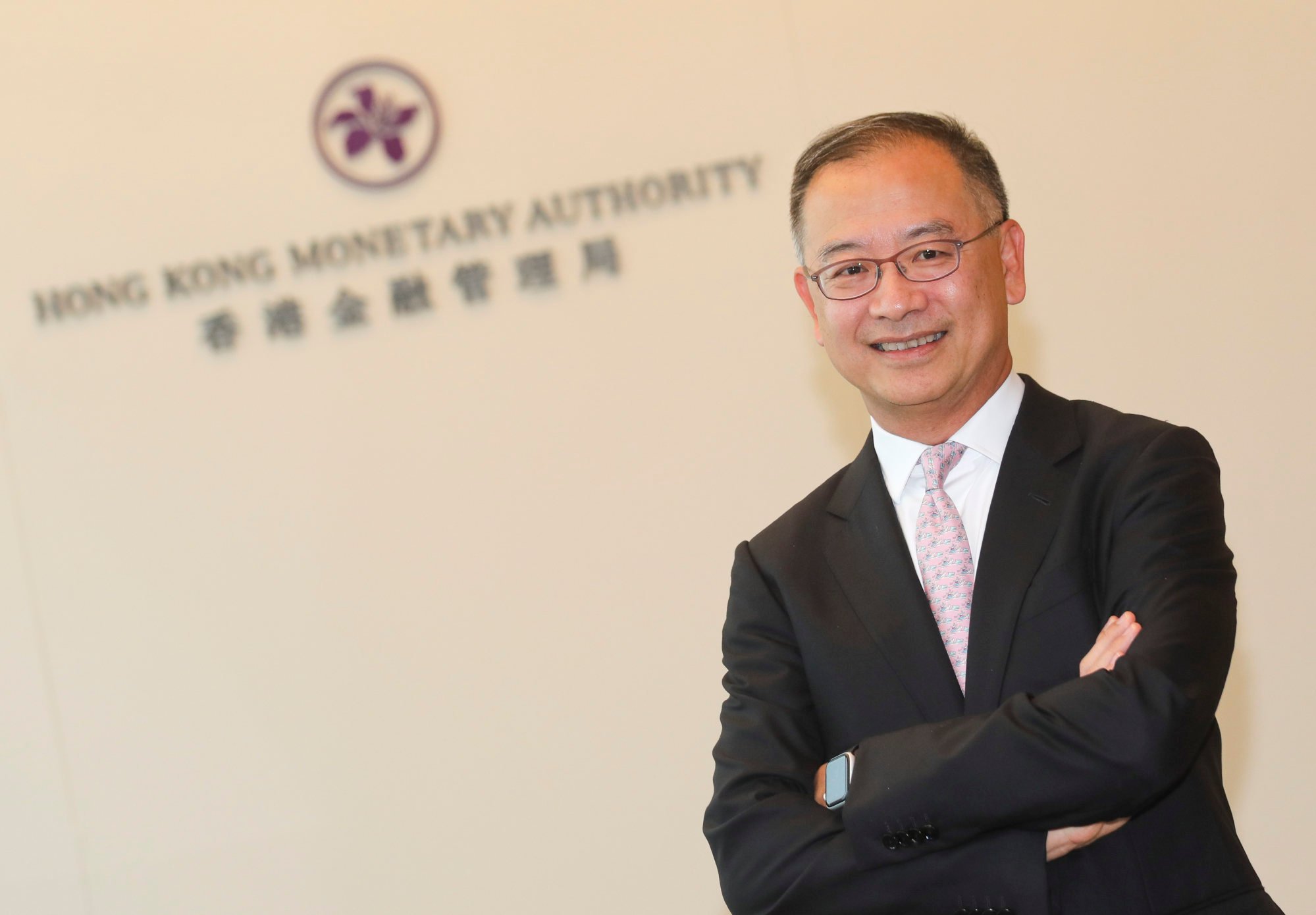
Hong Kong, China financial watchdogs to give Wealth Management Connect more muscle by adding products, increasing participation: Eddie Yue
- Expansion and enhancement of connect schemes crucial to promoting cross-border use of the yuan, HKMA CEO tells summit
- Possible new measures could include improved sales arrangements, expansion of product range and participation of more financial institutions
“The expansion and enhancement of the connect schemes to promote the cross-boundary use of the yuan is crucial,” he said. Yue did not provide a timeline for the new measures, but said the enhancements were important for Hong Kong’s role as a leading offshore yuan trading centre.
Why HSBC, Standard Chartered are sending top executives to Hong Kong summit
The scheme had attracted about 24,000 investors as of the end of February, who had made investments worth 670 million yuan (US$95.6 million), according to People’s Bank of China (PBOC) data.
A lack of knowledge might have held back some investors, according to industry body Hong Kong Investment Funds Association. Sally Wong, the association’s CEO, said more investor education and enhancement of sales arrangements would be helpful.

The Hong Kong Federation of Insurers, another industry body, welcomed the participation of more financial institutions in the scheme. “We welcome any measures which open up Hong Kong’s leading insurance products and services to more customers in the mainland,” said Selina Lau Pui-ling, the federation’s CEO. At present, only banks can sell products through the scheme.
Hong Kong will develop more offshore yuan derivative products, such as Chinese government bond futures, to allow global investors to hedge their risks in trading yuan products, Yue said. “These are important steps to allow global investors to conduct hedging for their bond investments on the mainland,” he said.
The China Securities Regulatory Commission would help the city launch futures trading linked to central government bonds, Fang Xinghai, its vice-chairman, said earlier this month.
Norman Chan says Greater Bay Area needs new connect scheme to spur capital flow
These measures will support Hong Kong in its role as the largest offshore yuan trading centre globally and as a connector between China and the world, Yue said.
Swap Connect a boost for offshore holders of US$553 billion in yuan bonds
“We have lived through many financial and other crises, we have just come through a pandemic, and we are all aware of the geopolitical challenges across the world,” he said.
“We will overcome current and future challenges, as we’ve done so in the past, by constantly evolving to meet the needs of the nation and of the world.”

